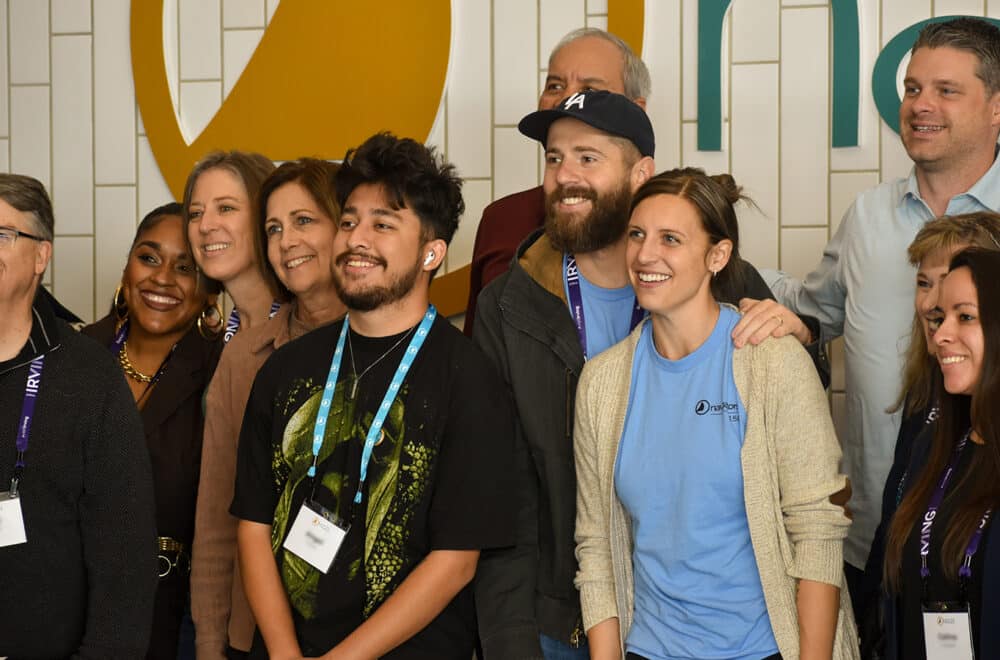We live in a world of many choices. For Christians, one important decision is where to send our children to school. This choice is significant because the influences and teaching our children experience at school will play a huge role in shaping the way they think about the world and their faith.
As parents, it’s our responsibility to think wisely about how different options will impact our children’s development. In this, we’re similar to David, who longed for his son Solomon to know and serve the Lord. David prayed, “Give my son Solomon the wholehearted devotion to keep your commands, requirements and decrees” (1 Chron. 29:19). Where our children go to school is important—not so they can attain status, wealth, and power but so they can learn to love and serve God. Ultimately, where they go to school isn’t as important as whether they can glorify God in that setting (Eph. 1:12).
Currently, we homeschool our children. In the past, however, we’ve chosen other options, including public school. We’ve discovered there is not one right or wrong answer to the question of school choice. Instead, we’ve learned that it’s important to consider each child’s personality and needs. Here are some key questions to consider regarding school choices for each child.
What are my child’s academic, social, and emotional needs?
We can begin to answer this question by asking some related questions.
What are your child’s specific strengths and weaknesses?
How does he learn best?
Is he mature or immature for his age?
How does he handle stress?
What does or doesn’t motivate him?
We may think we know our children’s needs quite well. But sometimes we don’t. It wasn’t until one of my kids began having trouble in school that I began to question my assumptions regarding his academic needs. As a high achiever, he needed challenges, but his school was not providing them. My son’s love for learning was dying. “It doesn’t matter what I do,” he said to me one day. Until then, I just assumed he would excel because he was smart.
Will this environment cultivate growth?
Unfortunately, we can no longer make the assumption that just attending school will help our kids grow into productive, compassionate, believing adults. Will their current school help them to become the people we hope they will be?
The insights about my son’s learning needs could have been met with cooperation on the part of his teachers. Unfortunately, his school wasn’t interested in challenging him. It became one of the reasons we decided to homeschool. Now he is challenged daily, and his love for learning is even stronger than before.
How much input can I have in this environment?
Another critical factor is how much opportunity you’ll have to relate to those who are teaching your kids. Keeping an eye on what goes on at school means more than showing up for conferences or an open house. It means asking questions and developing relationships.
If your children attend a public or private school, take time to get to know their teachers and the administrators. As you do so, you should feel comfortable in every part of their school. How is your input, advice, and wisdom as a parent treated by the school? Is it scoffed at or welcomed? If a school’s staff seems disinterested or condescending, it may be wise to consider other options.
How will the teachers’ influence shape my children?
Teachers spend more hours per day with children than parents do. They are role models. Do their lives point your children in the direction you want them to follow? Again, you can only answer this question by getting to know your child’s teachers.
If the teachers are not Christians, you can’t expect them to relate to faith-based issues and questions in the same way you could if they were believers. However, just because a teacher is not a believer, it doesn’t mean she is the wrong person to educate your children. One year our son had two teachers who job-shared. One was a Christian, but the other was not. Ironically, the one we had the most problems with was the Christian teacher. Thus, even though a teacher’s attitude toward students’ faith is important, it’s not the only criteria we must consider.
No school is perfect.
We need to do our best as we make decisions for our kids. But we must also remember that there is no perfect school on this earth. Adam and Eve had the perfect setting and a perfect relationship with God, yet they still fell! Whether your child is highly gifted, learning disabled, or well balanced, things will go wrong. If your situation is not ideal, how are you trusting God with it? Remember, He can overcome even the most difficult environment.
Copyright © 2009, Discipleship Journal, a publication of NavPress and The Navigators. All Rights Reserved.




By commenting, you agree to our Code of Conduct.